President Biden's Historic Trip to France
June 6, 2024, will mark a significant day in the calendar of global diplomacy and commemoration as President Joe Biden visits France to honor the 80th anniversary of D-Day. This historic visit is more than a ceremonial gesture; it stands as a profound testament to the enduring principles of democracy and freedom that the soldiers fought for on the beaches of Normandy. With a schedule that includes various significant events and meetings, Biden's trip underscores the crucial role of transatlantic alliances in today’s rapidly changing geopolitical landscape.
The Historical Backdrop of D-Day
D-Day, June 6, 1944, remains etched in history as one of the most pivotal moments of World War II. On this day, Allied forces landed on the beaches of Normandy, France, in a massive military campaign that would ultimately lead to the downfall of Nazi Germany. The operation involved meticulous planning and immense courage, with thousands of soldiers making the ultimate sacrifice. The anniversary provides an opportunity to reflect on the heroic actions of these individuals and the broader implications of their sacrifices for contemporary global politics.
Commemorative Events in Normandy
President Biden is expected to participate in a range of commemorative events during his visit. One of the key moments will be a ceremony at the American Cemetery in Omaha Beach, where many American soldiers are buried. This site is a sobering reminder of the cost of freedom and the immense courage displayed by troops during the invasion. Biden will pay tribute to these fallen heroes, reinforcing the message of unwavering American commitment to democratic values. The presence of surviving veterans, international dignitaries, and community members will further highlight the event's significance.
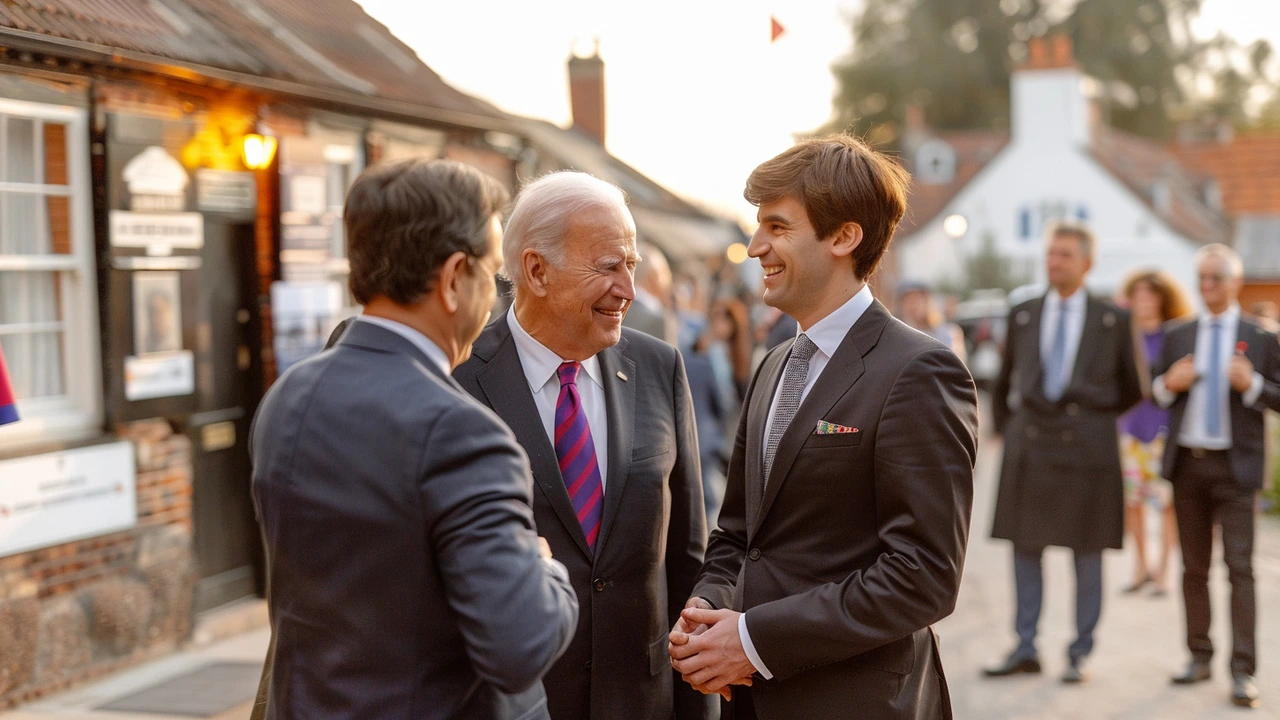
The Symbolism of Transatlantic Alliances
Biden's visit comes at a time when democracy itself is under threat from various global forces. Authoritarian regimes, populism, and internal divisions raise questions about the resilience of democratic institutions. By attending the D-Day commemoration, Biden seeks to reinforce the importance of alliances between democratic nations like the United States and France. Such alliances have historically played a crucial role in maintaining global stability and promoting democratic ideals. In the face of contemporary challenges, the message of unity and cooperation is more pertinent than ever.
Modern Threats to Democracy
As the world grapples with issues like disinformation campaigns, economic disparity, and threats to electoral integrity, the D-Day commemoration serves as a potent reminder of the ongoing struggle for democracy. Biden is expected to use this platform to call for renewed dedication to democratic principles and underscore the necessity of collective action among democratic nations. The global landscape today, much like during World War II, requires robust cooperation to tackle common threats and uphold the values of freedom and justice.
Meeting with President Emmanuel Macron
Beyond the commemorative events, Biden's itinerary includes an important meeting with French President Emmanuel Macron. The two leaders are likely to discuss a range of critical issues such as climate change, economic cooperation, and security concerns. France and the United States share strong historical ties, and their collaboration is vital for addressing both regional and global challenges. This meeting provides a platform for Biden and Macron to align their policies and reinforce their commitment to working together on pressing international issues.
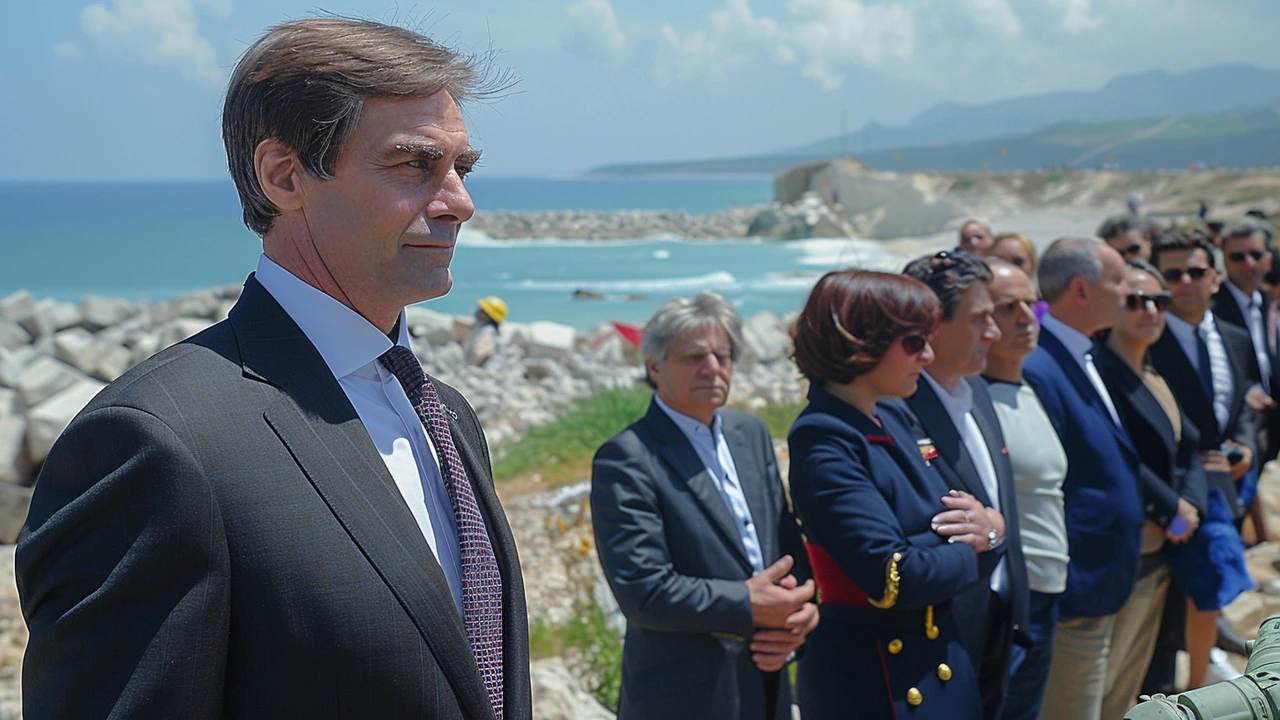
The Enduring Legacy of D-Day
The significance of D-Day extends far beyond the military triumph it represents. It symbolizes the collective effort of nations united against tyranny, willing to sacrifice for the greater good. In the years following World War II, the bonds formed during the conflict became the foundation for lasting alliances and international institutions that promote peace and stability. As Biden participates in the 80th anniversary events, it’s not only a look back at history but also a forward-looking commitment to the principles and alliances that continue to shape the modern world.
A Timely Reminder
In conclusion, President Joe Biden's visit to France for the D-Day commemoration is a poignant reminder of the sacrifices made for the cause of freedom and the ongoing need to defend democratic values. The events in Normandy will spotlight the bravery of World War II soldiers while also addressing contemporary threats to democracy. By honoring the past and focusing on the future, Biden’s trip emphasizes the importance of unity, cooperation, and unwavering dedication to democratic ideals.
This journey, encapsulating reflection, tribute, and forward-looking dialogue, serves to reaffirm the enduring bonds between the United States and France. It is a call to action for current and future generations to uphold the legacy of those who fought for liberty and to continue striving for a world where democracy thrives.

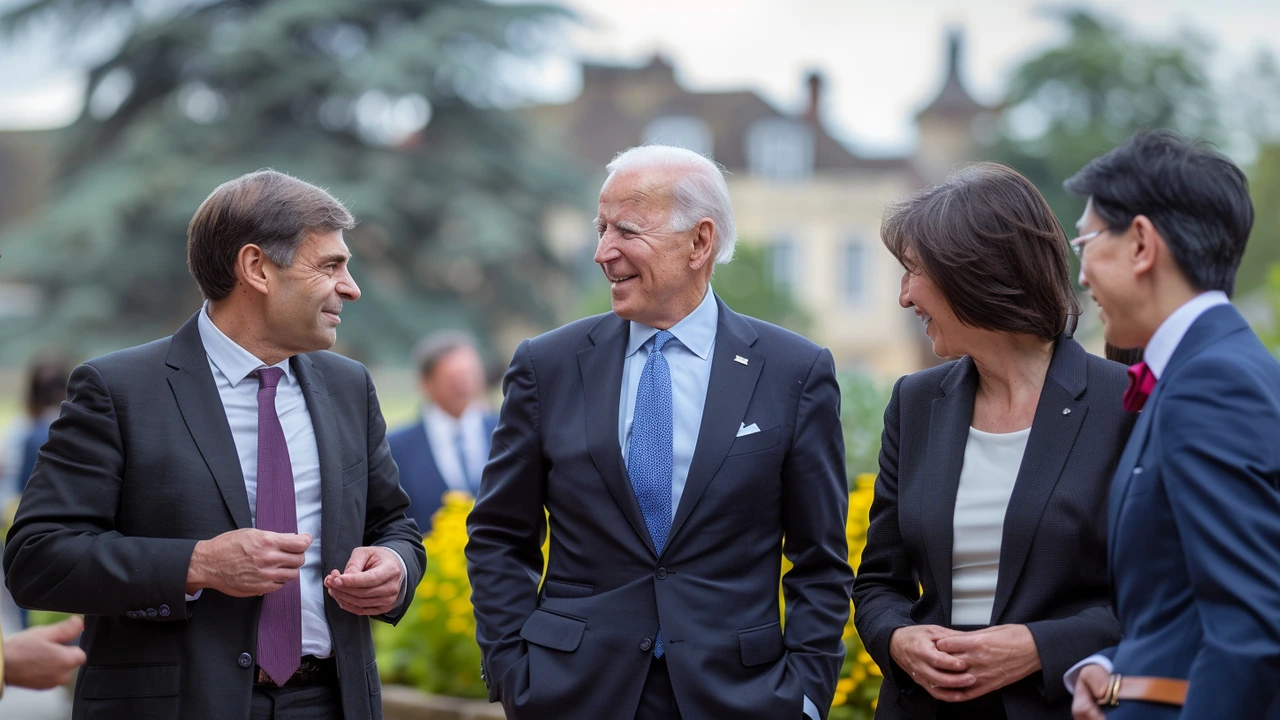
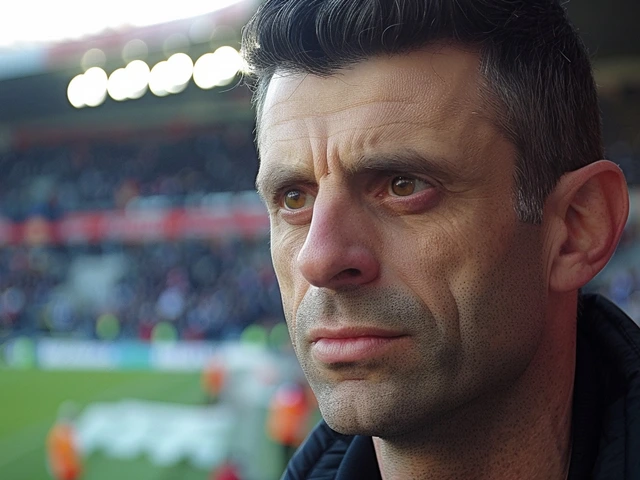
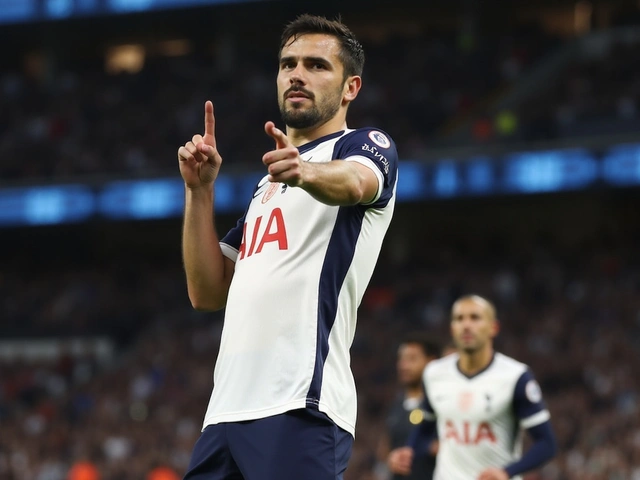



Surya Prakash
June 6, 2024 AT 18:21It's commendable that leaders pay tribute to the sacrifices of D‑Day, yet we must remember that honoring the past should translate into concrete actions for today’s democracies. Too often the rhetoric drowns in ceremony while the real work on the ground goes unnoticed. Accountability must follow tribute.
Sandeep KNS
June 7, 2024 AT 16:34One might applaud the ostentatious display of reverence, though it borders on the theatrical. The grand gestures, while glittering, rarely pierce the veil of bureaucratic inertia. How delightfully predictable.
Mayur Sutar
June 8, 2024 AT 14:48The remembrance of D‑Day resonates beyond the battlefield; it reminds us of shared values that bind nations. It's a chance for us to celebrate courage while looking forward to cooperative futures. Let’s keep the dialogue open and inclusive. The world needs more bridges, not walls.
Nancy Ortiz
June 9, 2024 AT 13:01Indeed, the semiotics of geopolitical commemoration operate within a complex matrix of strategic signaling. Employing terminological precision, one can decode the underlying power calculus. Yet the irony remains palpable.
Ashish Saroj( A.S )
June 10, 2024 AT 11:14While the lexicon may be polished, the reality is, frankly, a patchwork of half‑baked promises, and, if we’re honest, a lot of posturing, which… does little to address the systemic challenges we face, you know? Moreover, the spectacle often eclipses substantive policy. In short, it's a circus of symbols.
Ayan Kumar
June 11, 2024 AT 09:28Listen up, folks-D‑Day wasn’t just a date on a calendar, it was a thunderclap of bravery that reshaped the world! Imagine the chaos, the roar of planes, the sand soaked with history. That drama still fuels our collective imagination. We should channel that energy into today’s battles.
Nitin Jadvav
June 12, 2024 AT 07:41Sure, the drama’s epic, but let’s not forget that heroism also thrives in everyday grit. If we coach our societies to stand up for democratic ideals, the legacy lives on. Keep the fire alive, even if the headlines are bland.
Adrish Sinha
June 13, 2024 AT 05:54Every time we look back, there’s a chance to move forward with hope. Let’s keep the spirit alive.
Arun kumar Chinnadhurai
June 14, 2024 AT 04:08Absolutely, hope is the glue that binds generations. Remember, the lessons of the past are best taught through mentorship and shared stories. By fostering dialogue, we empower younger voices to carry the torch. In this way, the memory becomes a living guide, not just a static reminder.
Aayush Sarda
June 15, 2024 AT 02:21Patriotism isn’t just a banner; it’s a daily commitment to defending our shared values. The camaraderie forged at Normandy still echoes in our alliances today. Let’s stay vigilant and united.
Mohit Gupta
June 16, 2024 AT 00:34All that noble talk, yet we’re still stuck in endless debates, aren’t we? It’s exhausting watching the same old script play out over and over. Maybe a little less drama, a little more action?
Varun Dang
June 16, 2024 AT 22:48We have a unique opportunity to translate remembrance into proactive policies. Let’s harness that momentum for climate action, economic equity, and security collaboration. The road ahead is tough, but optimism fuels perseverance. Together we can shape a future worthy of those who fought.
Stavya Sharma
June 17, 2024 AT 21:01The enthusiasm is commendable, yet we must scrutinize the substance behind the slogans. In many cases, diplomatic rhetoric masks underlying strategic self‑interest. A balanced assessment demands that we question both intent and implementation. While unity is vital, blind allegiance can be perilous. Critical thinking should accompany celebration.
chaitra makam
June 18, 2024 AT 19:14I’m just watching the conversation unfold, taking note of the different perspectives. It’s interesting how each angle adds a layer to the narrative.
Amit Agnihotri
June 19, 2024 AT 17:28Words matter; actions matter more.
Erica Watson-Currie
June 20, 2024 AT 15:41Memory is a mirror, reflecting both triumph and failure. When we stare too long, we risk losing sight of the horizon.
Mark Pelletier
June 21, 2024 AT 13:54History, at its core, is a tapestry woven from countless individual threads, each bearing its own hue of ambition, sacrifice, and hope. The D‑Day landings stand as a monumental knot in that fabric, binding together stories of ordinary soldiers thrust into extraordinary circumstances. Their collective courage rippled outward, reshaping not only the map of Europe but also the very notion of collective responsibility among nations. As we commemorate the 80th anniversary, we are invited to contemplate the paradox of remembrance: honoring the past while navigating the present’s turbulence. In contemporary discourse, the call for transatlantic solidarity reverberates against a backdrop of digital misinformation and shifting geopolitical tides. Yet, the underlying principle remains unchanged: freedom thrives on mutual support and vigilant defense. Our modern challenges, though different in form-cyber threats, climate crises, economic disparities-echo the same existential questions faced in 1944. How do we, as custodians of democratic ideals, adapt the lessons of the past to forge resilient institutions today? The answer may lie in an unwavering commitment to dialogue, to empathy, and to the willingness to confront uncomfortable truths. By embracing the humility that history demands, we can avoid the hubris that breeds conflict. The ceremonies at Omaha Beach are not mere pageantry; they are a reminder that liberty is both fragile and tenacious. Let us carry forward this legacy, not as a relic, but as a living blueprint for cooperation across oceans and generations.